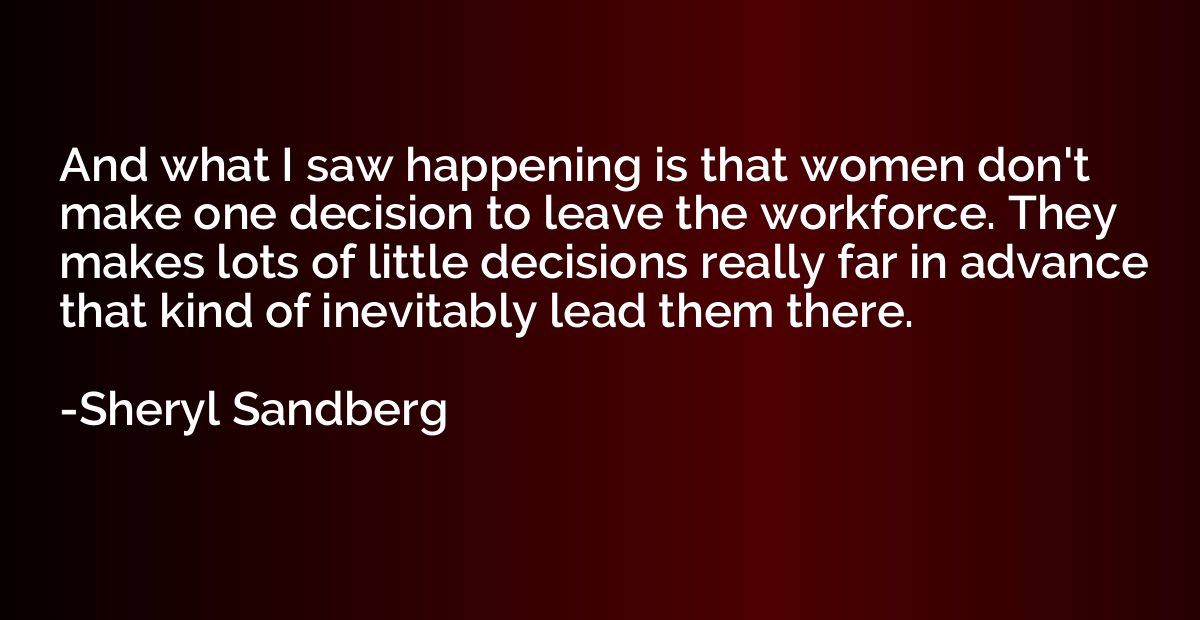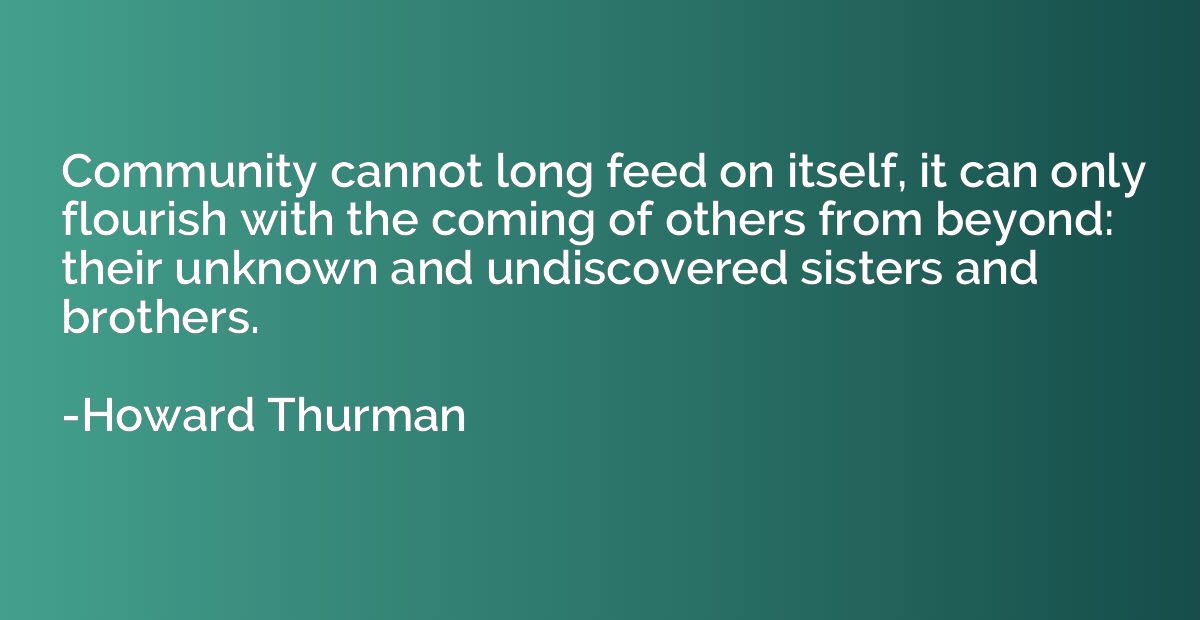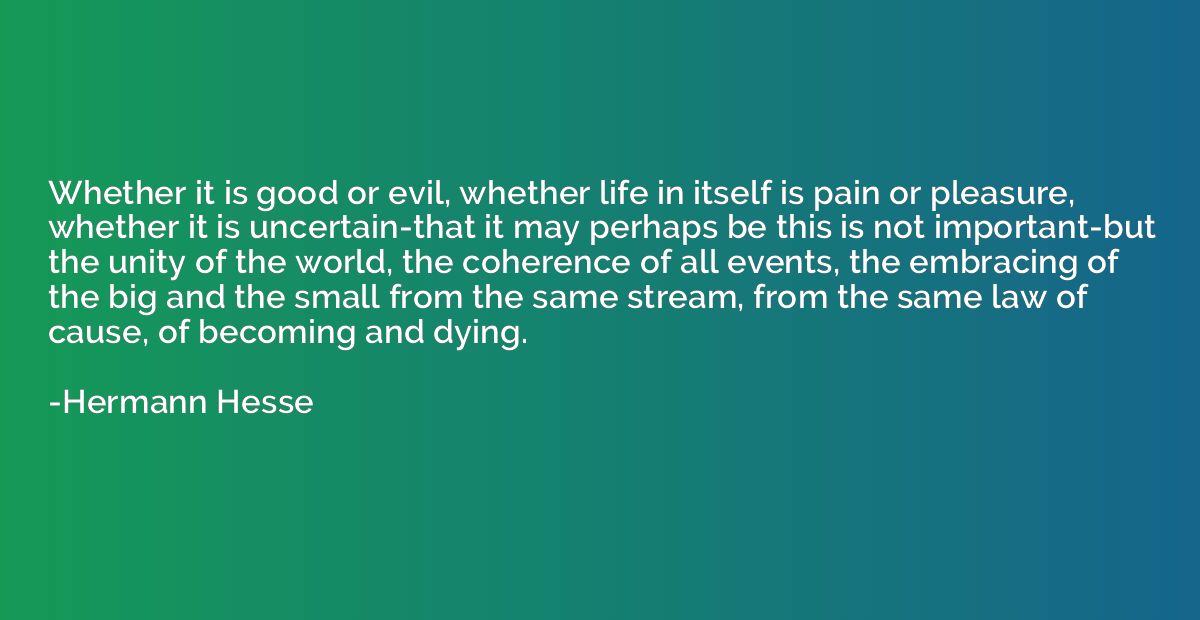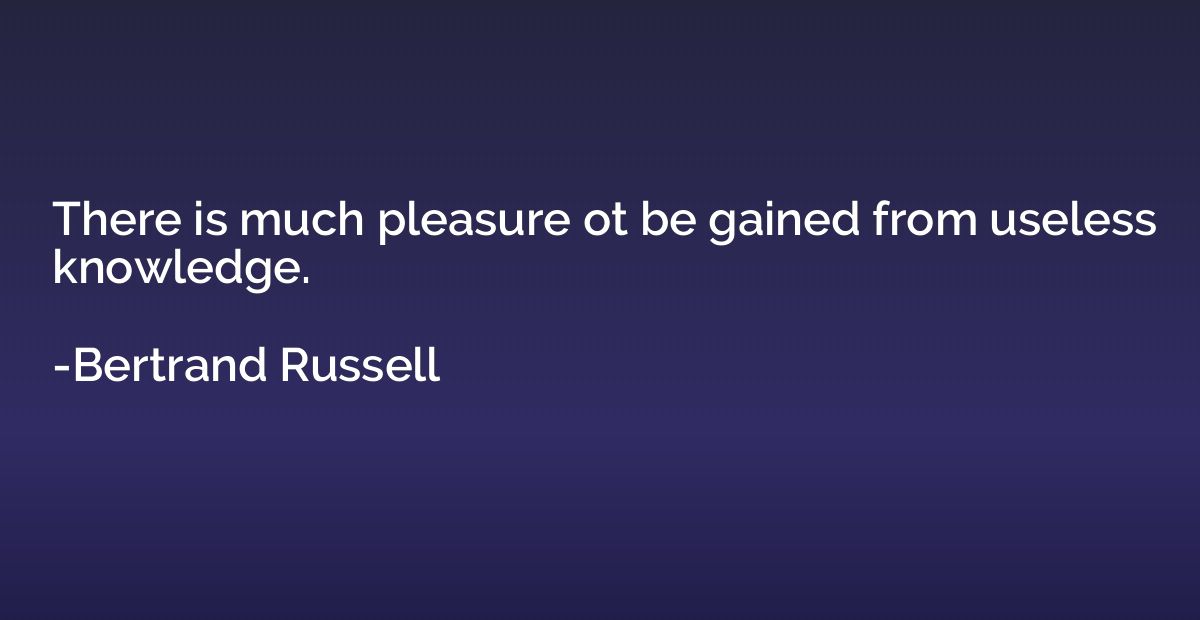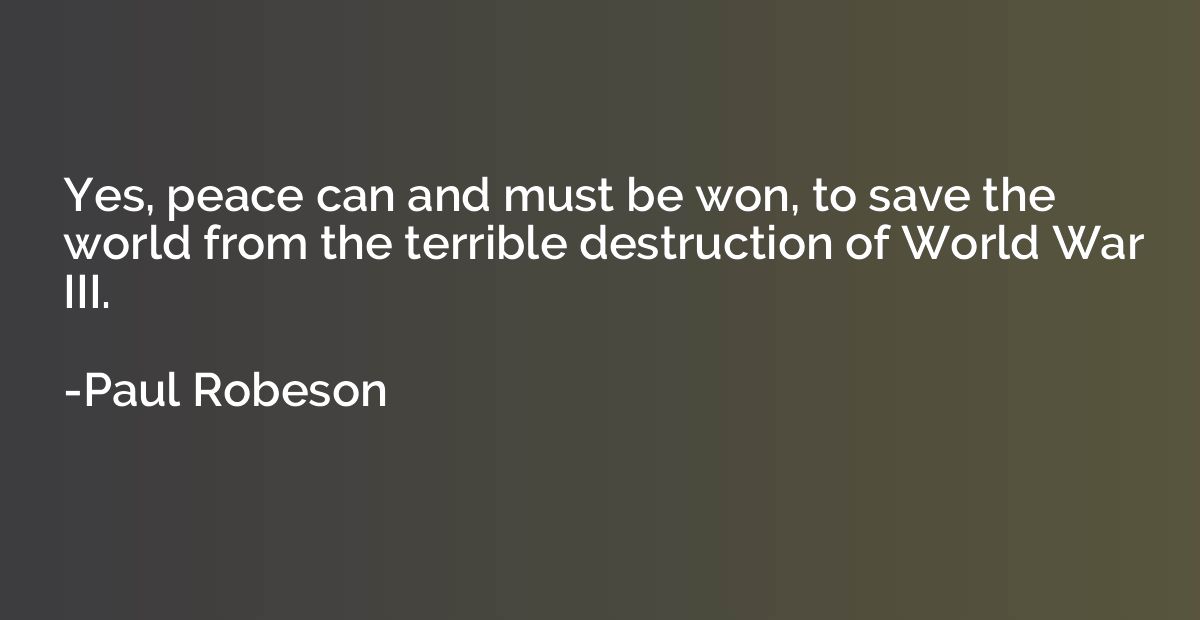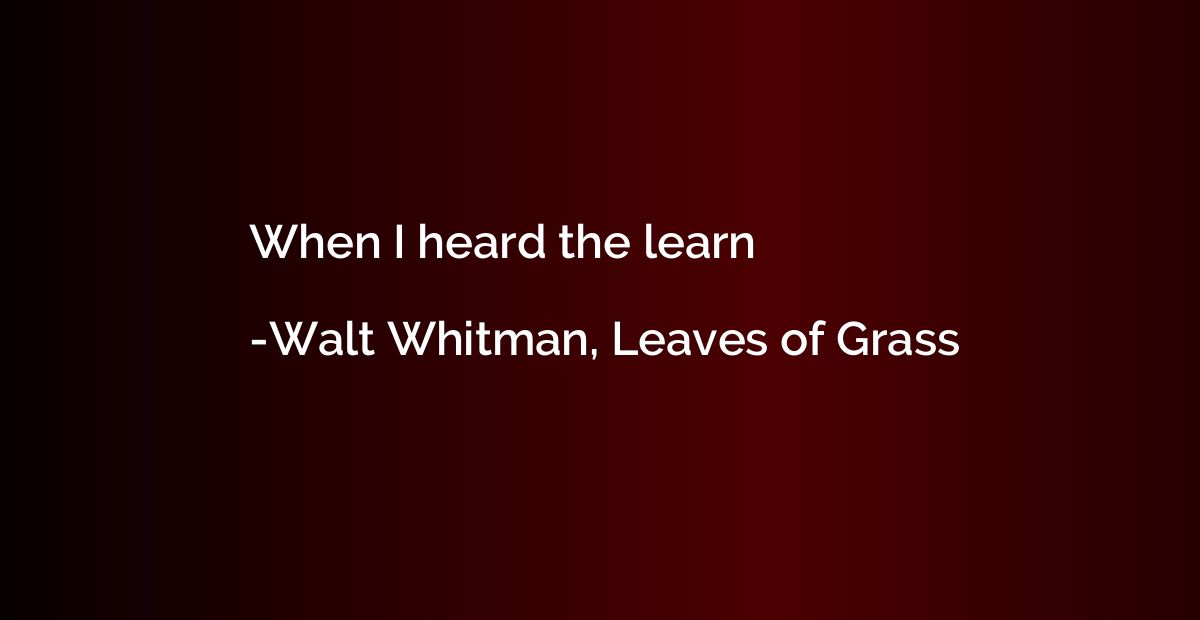Quote by Nelson Mandela
I learned that courage was not the absence of fear, but the triumph over it. The brave man is not he who does not feel afraid, but he who conquers that fear.
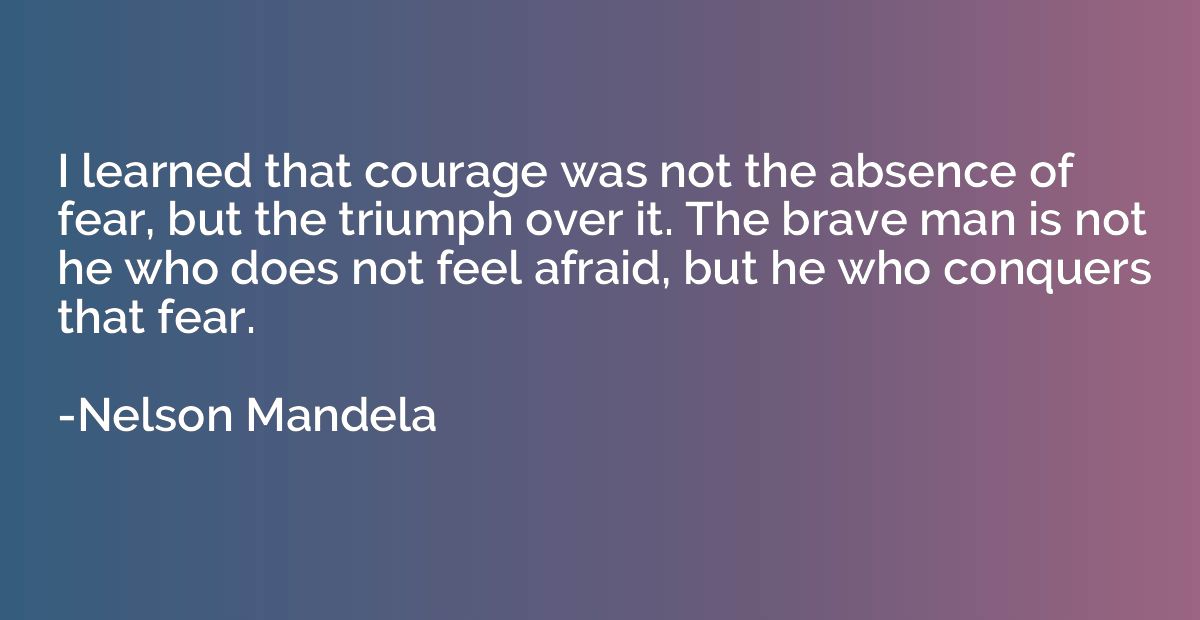
Summary
This quote highlights the true nature of courage by emphasizing that it is not the absence of fear, but rather the ability to overcome it. It implies that bravery does not reside in those who never experience fear, but in individuals who face their fears head-on and emerge victorious. This perspective suggests that true courage lies in one's willingness to confront and conquer their inner vulnerabilities and anxieties.



